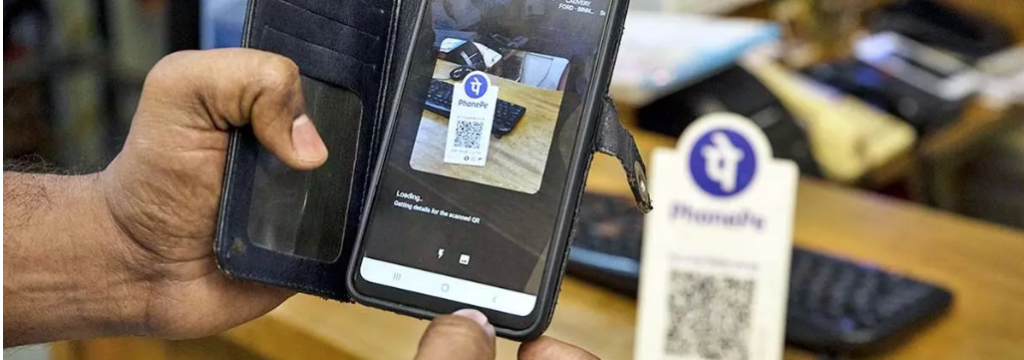Unpacking Customers’ Trust: How do Customers come to Trust Digital Lenders?

By studying people’s instinctive, unguided ‘trust-decisions’, we hope to uncover their mental models of trust. More specifically, we aim to (i) articulate the expectations that customers have of trustworthy lenders, (ii) help lenders design their products in a manner consistent with the customer’s expectations, and (iii) translate these principle-level expectations into processes that lenders may adopt in their customer service to become trustworthy.
Legal liability for fraud in digital payments

The framework should provide adequate compensation to victims, while investigative action continues in tandem
UPI databases should be interactive

Stakeholders should gather a common set of data points for each complaint, distinct from their data objectives
Ways to curb scams over UPI

Positive frictions while authorising transactions will give users some time before approving payment
Curbing Scams in Unified Payments Interface

The white paper discusses a set of solutions for the ecosystem of actors to consider in tackling and curbing the illegitimate activity of scamsters and other fraudulent actors over the very popular Unified Payments Interface (UPI) of India.
Digital Deception: Navigating the maze of social engineering frauds in the age of instant transactions
These fraudulent messages have proliferated during the pandemic, where fraudsters induce panic or excitement that impairs the customers’ ability to think clearly.
Do UPI-fraud-awareness campaigns work?
Proposal for an outcome-based survey to test the effectiveness of UPI-fraudawareness campaign.
Are Fraud-awareness Campaigns Effective? Measuring the effectiveness of fraud-awareness campaigns and proposing recommendations for enhancing it
This study presents the design of an Outcome Based Survey crafted to evaluate the effect that UPI-fraud-awareness campaigns have in reducing individuals’ propensity to engage with fraudulent communication.
The Use of Malware in UPI related Fraud
In a recent study to evaluate the effectiveness of consumer awareness campaigns relating to United Payment Interface(UPI) frauds, Dvara Research interviewed ~85 low-income, new-to-UPI users from metro cities and small towns.
How important is a ‘key facts statement’ and what it does (or doesn’t) tell you about your loan
Unlike terms & condition document, key facts statement is a simple, page-long snapshot of key information about a loan. However, depth of information it offers can be shallow.

